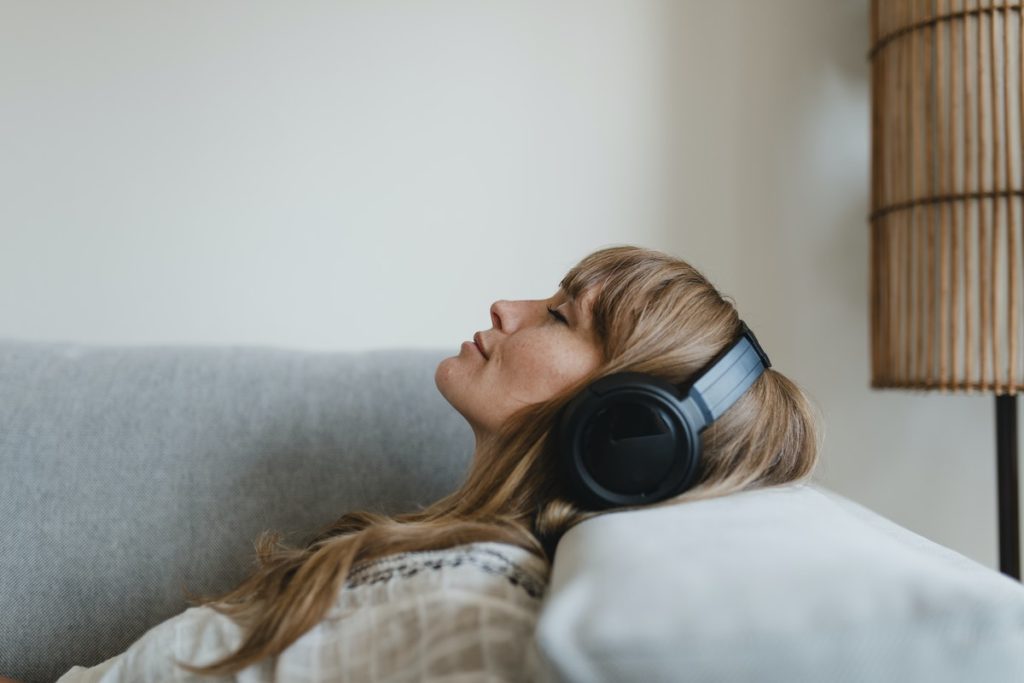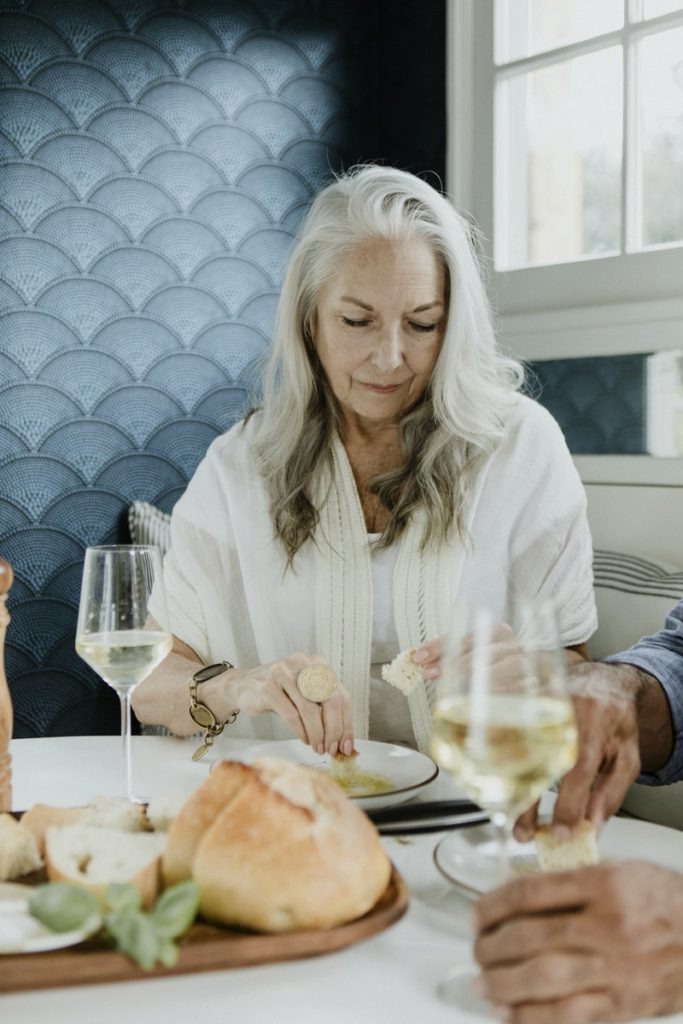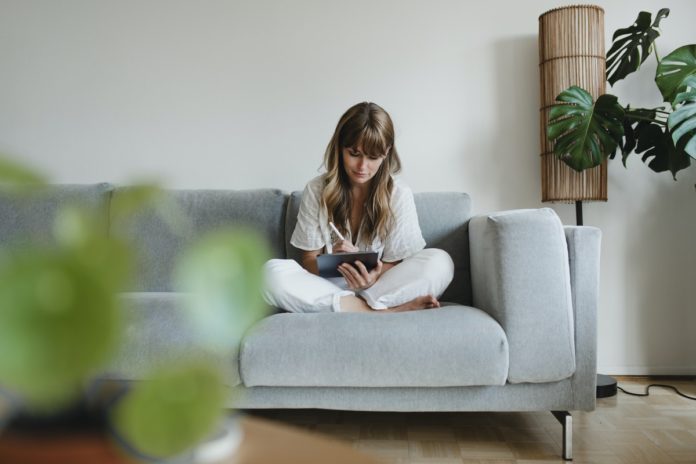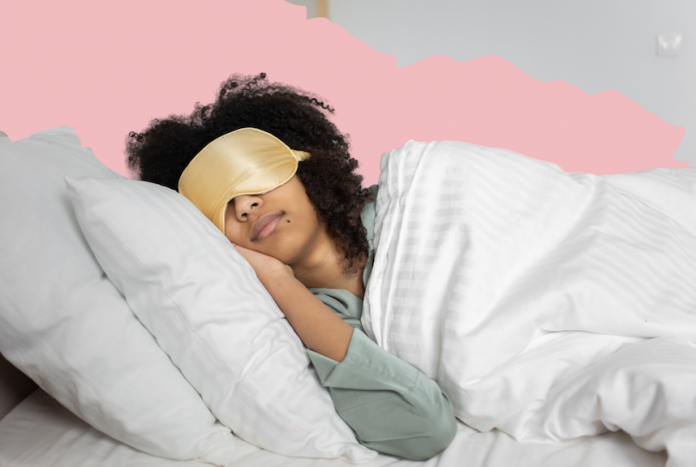For those suffering from cabin fever right now, noses pressed to the window longing for an adventure, we don’t need to remind you how strange things are feeling. Unfortunately, prolonged periods indoors like this can have a negative impact on your health, both physically and mentally.
The sudden obstacles standing in the way of exercise, increased drinking and comfort eating, and the lack of meaningful connections caused by social distancing measures, while understandable, are causing many of us to feel out of sorts and lacking motivation. With that in mind, here’s our top tips on staying healthy and happy in isolation.
CHECK IN WITH YOURSELF
Round the city, round the clock rolling news coverage of news so seismic it’s hard to comprehend can take its toll on your mental health. And with screens always on, always updating and demanding your attention, it can be really tough to take a moment to comprehend what’s going on.
But it’s vital you do take a moment and check in with yourself. If constant screen time is distracting you from your true feelings, issues might be bubbling under below the surface. Anxiety can often be latent, but if not acknowledged, it can also often worsen.
Confront it; use the time to meditate regularly and take stock of the situation. Just ten minutes a day can do wonders in realigning your perspective. If you’re new to the wonderful world of ‘taking a moment’, there are plenty of apps offering guided meditations and mindfulness exercises for a monthly fee.
If meditation doesn’t work for you, do still make the time just to sit still for a few minutes each day, enabling space for reflection on what is, for everyone, a really confusing time.

TAKE REGULAR EXERCISE
The daily permitted exercise is one of the only opportunities to get outside, breathe some fresh air and see some sights beyond your four walls. If you can, then, you should make the most of the chance to have a daily walk or run. Just make sure you take an alcohol hand gel with you to keep sanitised after touching surfaces whilst on the move.
That said, many people are currently preferring to take their exercise indoors, doing their workouts in their front room using household objects or free weights. Indeed, there’s still so much to be said for good old push-ups, star jumps, lunges and sit-ups, all of which will get your body moving, blood flowing and boost your feel-good hormones to boot.
And if you haven’t been living on mars recently (we know you haven’t; trips of that length are banned) then we’re sure you’re aware of all of the home workout YouTube channels currently experiencing huge popularity. Get involved!
DON’T LET YOUR DIET GO TO THE DOGS
Oh man. How we’d love right now to fill our faces with cake, croissants and everything else unhealthy beginning with the letter C. And sure, a little comfort eating during this difficult time is fine. That said, it’s still important to get your fill of vitamins and nutrients during this time, particularly so your immune system remains strong.
So, make sure you keep your diet packed with fresh fruit and vegetables. If the panic buying and threat of supply chain collapse have vanquished your local supermarket’s fresh stuff, there’s still plenty of nutrition to be found in the frozen fruit and vegetable section. Peas, spinach, broad beans and sweetcorn are all particularly good from frozen.
Though your store cupboard may be more narrow minded than usual, filled with pasta, tinned tuna and baked beans, it’s still important to eat a balanced, varied diet. A simple way to do so, without paying too much lip service to nutrition or calories, is to ‘eat the rainbow’. As in, try to consume as many colours as you can. In doing so, you’ll get an efficient balance of all the good stuff.

TAKE A LOAD OFF
This trying time is particularly testing for our elderly loved ones and those with mobility issues. Those cherished strolls around the block to clear our thoughts, those Joe Wicks exercise videos to blow off steam…many don’t have the luxury of being able to participate.
One of the biggest challenges for many elderly and disabled people is that home carers are finding it harder to help, especially when the carer is a family member who’s in isolation. So, where you can and it’s deemed safe to do so, lend that extra hand. If you’re able and well, offer to get shopping in for any elderly neighbours, too. Check in with your local mutual aid group to find where your generosity can be utilised best.
What’s more, help is at hand in the form of technology for those struggling with mobility around the home. There are many mobility and medical devices that can help you live more comfortably at home, so investing in a good riser chair or bath lift can make life easier for loved ones at home.
KEEP TALKING
Communication and community has never been more important, though it also feels tougher than ever to keep connected. But making the effort is essential; keep talking to others as much as possible, either pick up the phone, connect over social media or send an email. If you are living alone there are groups that provide companionship phone calls, which can provide a vital line of communication for people feeling alone and isolated.
With the above in mind, check out our tips on 4 ways to stay connected and keep a sense of community during self isolation. We’ll see you on the other side for a cuddle and a pint!
*This article is not intended to replace medical advice, diagnosis or treatment given by a qualified health professional. Instead, this article only provides information, not advice. For any medical enquiries, always consult your GP first*





